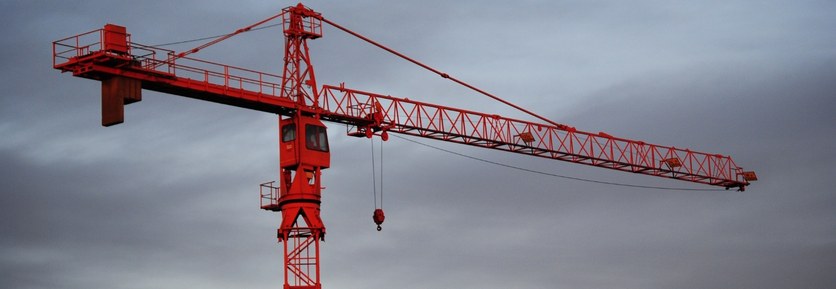
Crane Operator (GCC Exp.) [Closed]
Posted on: February 7, 2025In the dynamic and demanding European construction industry, a Crane Operator with mandatory Gulf Experience plays a critical role in ensuring the safe and efficient movement of heavy materials and equipment on job sites.
With towering skyscrapers, expansive infrastructure projects, and industrial facilities defining the Gulf’s skyline, crane operators are indispensable for lifting and positioning materials such as steel beams, concrete panels, and heavy machinery. Their expertise ensures that projects progress smoothly while adhering to strict safety standards.
The primary responsibilities of a crane operator include operating various types of cranes—such as mobile, tower, or crawler cranes—to lift, move, and position heavy loads with precision.
They must interpret site plans and instructions from supervisors to ensure accurate placement of materials. Safety is paramount, as crane operators must conduct pre-operation inspections, check equipment functionality, and adhere to regional safety regulations to prevent accidents.
Additionally, they often collaborate with riggers, signal persons, and construction teams to coordinate tasks and maintain workflow efficiency.
Beyond operating cranes, these professionals are responsible for routine maintenance and minor repairs to ensure their equipment remains in optimal condition.
Attention to detail, spatial awareness, and quick decision-making are essential qualities, as crane operators work at significant heights and in challenging weather conditions common to the Gulf region. Physical stamina and mental alertness are also crucial, as operators must remain focused during long shifts to avoid errors that could jeopardize safety.
Qualifications and Skills
Employers typically require crane operators to have a high school diploma or equivalent, though formal training in heavy equipment operation is highly advantageous. Gulf experience is mandatory, as operators must be familiar with the region’s unique working conditions, safety protocols, and project requirements. Certifications such as a valid crane operator license, OSHA training, or specialized certifications from recognized bodies like the National Commission for the Certification of Crane Operators (NCCCO) are often required.
Key skills for a crane operator include:
- Proficiency in operating various types of cranes and understanding their load capacities.
- Strong knowledge of safety regulations and risk management in construction.
- Excellent hand-eye coordination and spatial awareness.
- Ability to interpret site plans and follow verbal or signal-based instructions.
- Problem-solving skills to address equipment malfunctions or operational challenges.
Documents and Certifications
Candidates applying for a crane operator position should prepare the following documents:
- A valid ID or passport.
- Proof of Gulf experience, including references from previous employers in the region.
- A valid crane operator license or certification (e.g., NCCCO or equivalent).
- A medical fitness certificate to demonstrate the ability to perform physically demanding tasks.
- Safety certifications, such as OSHA or other region-specific training, may be required.
